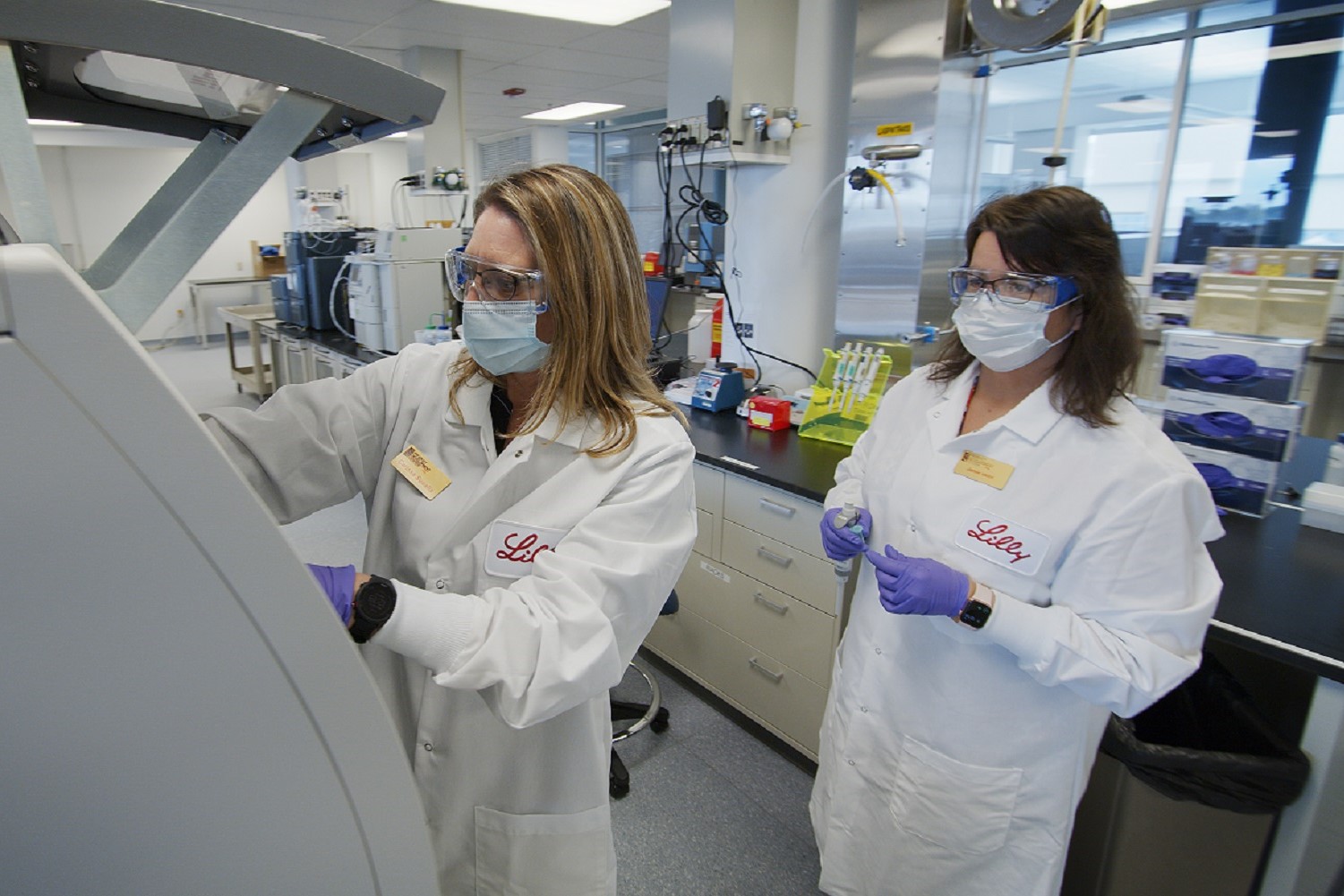
In recent years, resident advocacy has emerged as a powerful force transforming the senior care industry. Imagine, if you will, a world where every senior receives personalized, compassionate care tailored to their unique needs and desires. A world where misconceptions surrounding senior care are shattered and older patients are actually empowered to make choices that enrich their lives.
Senior care executives have the privilege and responsibility to embrace the profound changes brought about by resident advocacy. We can champion a new era of senior care that puts the individual at the center, honoring their unique identity and aspirations. Resident advocacy has paved the way for this paradigm shift, challenging long-standing norms and championing a future where seniors have a voice and agency in their care.

With the Rise of AI, What IP Disputes in Healthcare Are Likely to Emerge?
Munck Wilson Mandala Partner Greg Howison shared his perspective on some of the legal ramifications around AI, IP, connected devices and the data they generate, in response to emailed questions.
As we navigate the evolving landscape of senior care, we have an extraordinary opportunity to shape the industry’s trajectory by embracing the lessons learned from residents. These lessons challenge the long-held notion that larger facilities provide better care, unveil the truth behind the ongoing debate of home care versus long-term care facilities, uncover the role of technology as a powerful enabler in enhancing the lives of seniors, and allow us to embrace a holistic approach that nurtures not only physical health, but emotional well-being and social connection.
Through the lens of resident advocacy, senior voices and choices have become the cornerstone of exceptional care.
Challenging the myth that larger facilities are better
One prevailing misconception in senior care is the belief that larger care facilities inherently provide better care. However, resident advocacy has effectively challenged this notion, shedding light on the advantages of smaller, more intimate care settings.
Smaller facilities can offer a higher staff-to-resident ratio, fostering personalized attention and nurturing strong relationships between caregivers and residents. These close-knit communities create a sense of belonging and security, leading to enhanced overall well-being for seniors. By advocating for smaller facilities, resident advocates have paved the way for a more person-centered approach to senior care.
Personalized home care vs. senior care facilities
Another commonly held belief is that home care always trumps care in a senior care facility. Resident advocacy has played a pivotal role in dispelling this misconception and highlighting the unique benefits of both options.
While home care can provide seniors with familiarity and independence, it may lack the comprehensive support and social engagement available in a senior care facility. Conversely, well-designed care facilities offer a vibrant community with a range of activities, social interaction, and specialized care services. Resident advocates have emphasized the importance of individual choice and tailored solutions, recognizing that each senior has unique needs and preferences. By fostering a more nuanced understanding of the options, resident advocacy has empowered seniors to make informed decisions about their care.
Empowering residents through voice and choice
Resident advocacy goes beyond challenging misconceptions; it also focuses on empowering seniors through voice and choice. In the past, seniors often had limited control over their care and daily routines. However, resident advocates have championed the importance of autonomy and self-determination.
They have advocated for person-centered care models that prioritize the preferences and needs of the residents. By actively involving seniors in decisions regarding their care, residents have helped foster a sense of dignity, respect, and agency. This shift towards resident empowerment has led to improved satisfaction levels and overall well-being, elevating the standard of care across the industry.
Embracing technology for enhanced care
Technology has emerged as a powerful tool in transforming senior care, and resident advocacy has been at the forefront of embracing its potential. From innovative communication platforms to advanced monitoring systems, technology enables more efficient and personalized care delivery.
Residents recognize the value of incorporating technology to enhance their quality of life. Digital solutions not only improve communication and coordination among caregivers but also enable remote monitoring of vital signs and timely response to emergencies. By embracing technology-driven solutions, senior care facilities can provide a safer and more comfortable environment, ultimately improving the well-being of their residents.
A holistic approach to senior care
Resident advocacy has brought forth a shift towards a more holistic approach to senior care. It recognizes that care extends beyond physical health and encompasses emotional, social, and spiritual well-being. Senior care facilities are no longer just places for medical support; they are vibrant communities that promote engagement, socialization, and purposeful living.
Residents want to stay at facilities that offer a wide range of activities, including arts and crafts, educational programs, and social events. By embracing a holistic approach, senior care facilities can truly cater to the diverse needs of their residents and create environments that promote joy, fulfillment, and dignity.
Addressing staffing and training needs
Resident advocacy has also shed light on the critical importance of staffing and training in senior care facilities. Adequate staffing levels and well-trained caregivers are essential for providing high-quality care and ensuring the safety and well-being of residents. Residents have called for increased investment in staff recruitment, training, and ongoing professional development. By prioritizing the well-being of staff members and recognizing their crucial role in delivering excellent care, senior care facilities can attract and retain dedicated and skilled caregivers, leading to better outcomes for residents.
Resident advocacy has undeniably changed the senior care industry for the better, helping older adults thrive and helping senior care executives provide exceptional care for our aging population.
Photo: Kiwis, Getty Images
Melissa Powell is the executive vice president and chief operating officer of Genesis HealthCare. She was previously president and chief operating officer of The Allure Group, a New York City-based nursing home operator. Melissa has 20 years of experience coordinating, assessing and improving senior care utilizing a market-focused model in New Jersey and New York.














